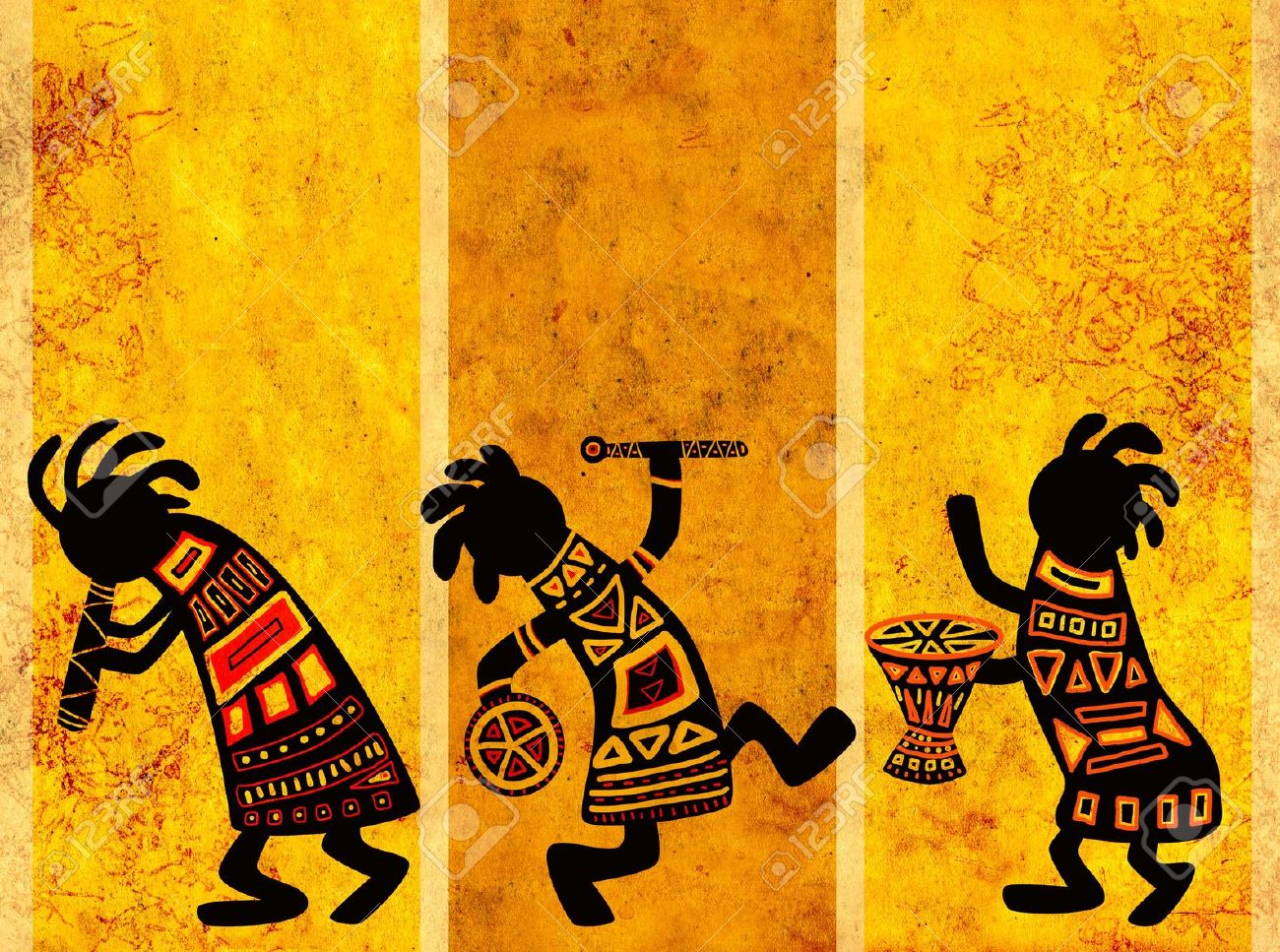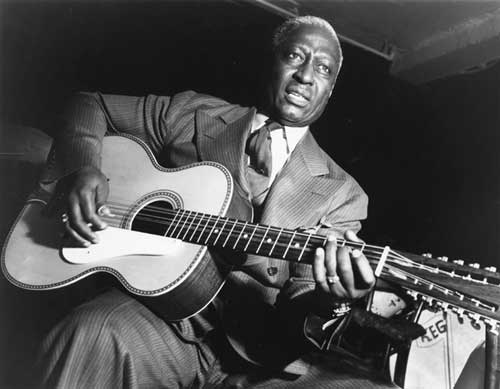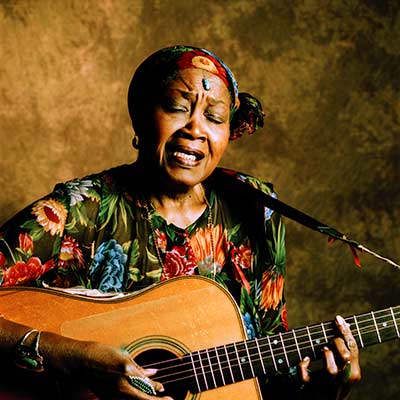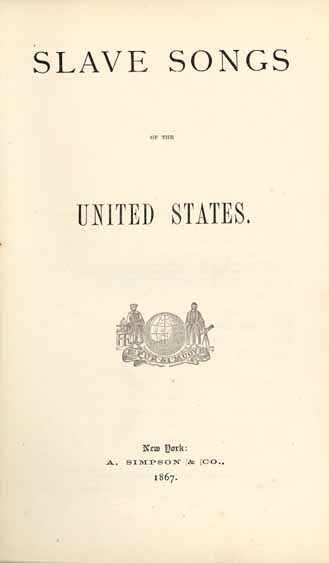Folk Music:
Songs of the Struggle

If you want to learn about the struggles of being African American, the best teacher is African American music.
The hardships faced by African Americans can be found in a number of genres: Hip-Hop, R&B, Blues, etc… all throughout the history of African American music.
But, where does the storytelling begin?
We can credit the beginning of African American music
— America’s music—
to the songs of the slaves:
Folk Music.

ORIGIN
Folk music originates from the hymns and spirituals of Southern enslaved Africans in America. Influenced by the struggles of slavery, folk music communicates the hopes, distress, and faiths of enslaved Africans. Forced into America and stripped of nearly all of their history in Africa, slaves used their troubles in America to create something out of nothing.

Elements
Call-and-Response
The origins of African American folk music was recited using the call-and-response method where the lead or soloist calls out a line where the other singers respond by repeating the phrase.
Unknown Composers
Most original African American folk music were anonymous and created by unknown composers, due to enslaved Africans lack of identity.
Spontaneous Composition
African American folk music was created spontaneously and improvised by the anonymous composer, where the song had personal meaning to the composer.
Pattin’ Juba
Patting Juba was a style of dance often performed with African American folk music that included stomping and patting and slapping of the arms, chest, legs and helped to express the stories of the music.
Passed Down Orally
African American folk music was usually passed down to generations orally and by word-of-mouth.
Primary Performers/ Composers:
Although the early creation of folk music was anonymous and composers were unknown, later artists emerged from the evolution of folk music.

(a.k.a. Lead Belly), was a popular folk and blues artist best known for his songs “Goodnight, Irene” and “Where Did You Sleep Last Night”, amongst others.

was a popular gospel-folk singer also known for being a civil rights activist. One of her most notable songs is “Sometimes I Feel Like a Motherless Child”.

were an African American acapella ensemble organized in 1871 of Fisk University students who toured to raise funds for college. The group was pertinent in the preservation of African American slave songs and negro spirituals.
Social Implifications:
African American folk music is most widely known for its theme of the sorrows faced by enslaved Africans. These “slave songs” were a way to express their struggles and come together despite their situation. Early folk music preserves what little memory enslaved Africans had of their culture in Africa.
Commodifications:

The creation of African American folk music was simply a means of dealing with the troubles of slavery. However, White citizens saw this as a form of entertainment and mockery. Books of African American folk songs were sold, and it influenced White citizens’ own renditions of folk music.
Influence on other Genres:
Folk music mainly influenced the creation of Hip-Hop, Blues, and Jazz music. All of these genres were originally created to express the African American struggle faced during its time of creation.
Summary
The origination of African American music is rooted in folk music. The simple slave songs composed on the fields and plantations tended by the earliest African slaves unintentionally led to the creation of nearly all forms of music in America. Folk music preserved the tiniest bit of African history and with it created one of the biggest aspects of African American culture.

